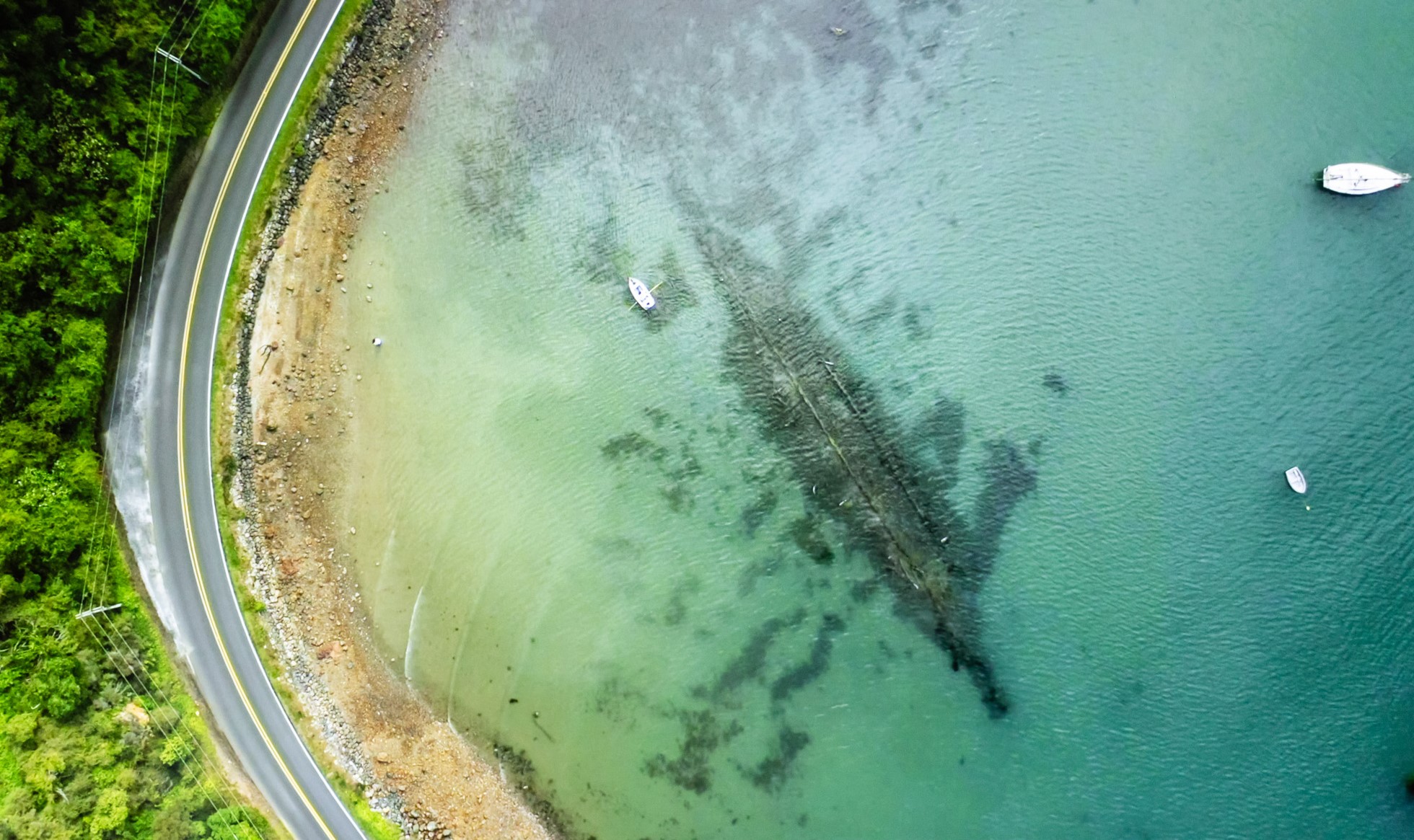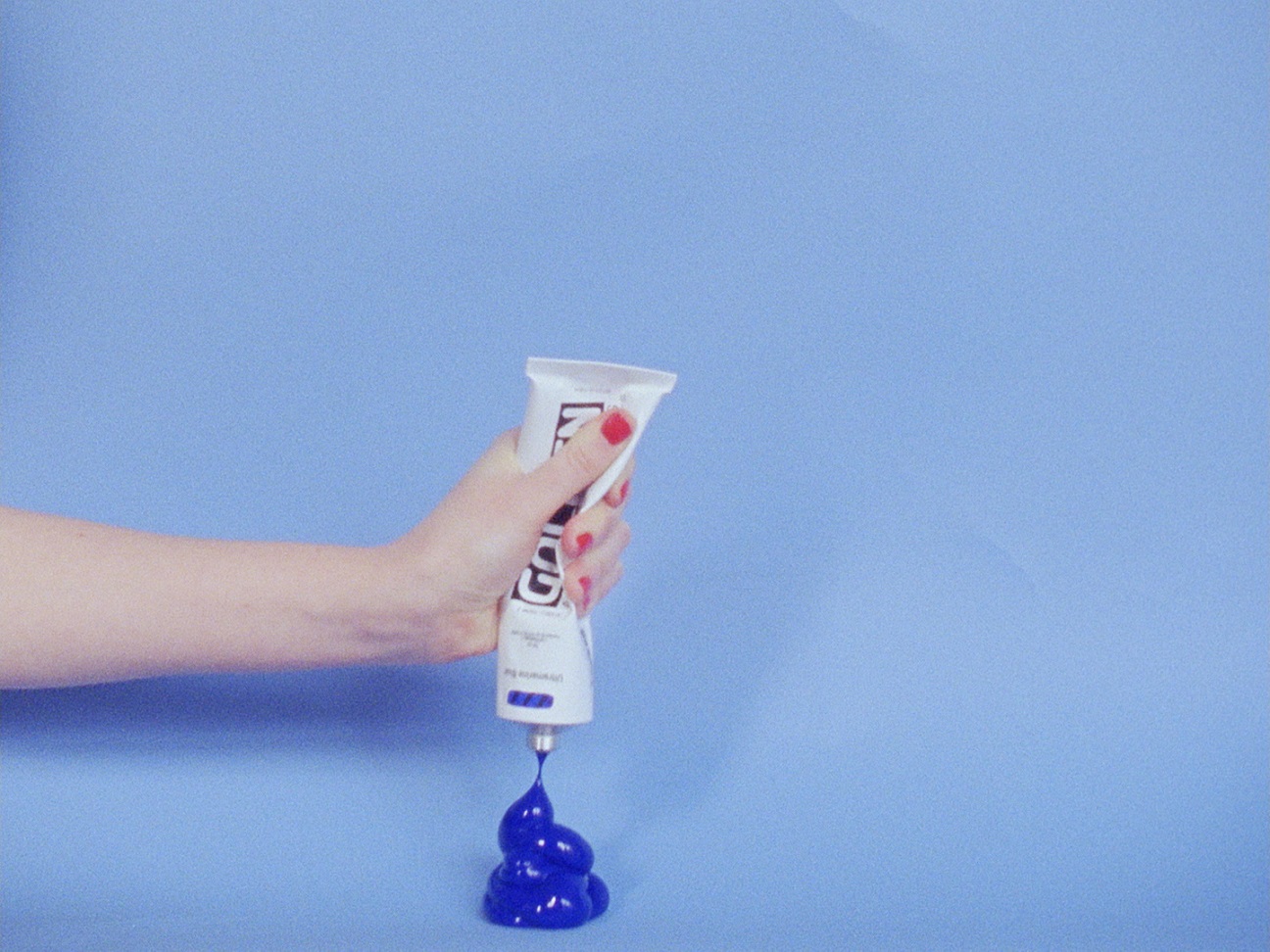
Oral Histories passed down by matrilineal story telling have sustained Melanesian cultures for generations. For many, these histories become a central part of their approach to life and creative practice, offering a rich, layered and emotive foundation to their work and identity. Join us for a conversation between women across generations as they discuss how their life’s work of making these stories visible has been a pathway for healing and connection.
Chaired by Jocelyn Flynn, co-curator of How we remember tomorrow, UQ Art Museum, this conversation will feature How we remember tomorrow artist Jasmine Togo-Brisby in conversation with her Mother Christina Togo and Imelda Miller, Curator, First Nations Cultures, Queensland Museum.
5:30pm: Doors open, guests are invited to explore the exhibition How we remember tomorrow.
6:00pm: Conversation with Jocelyn Flynn, Jasmine Togo-Brisby, Christina Togo and Imelda Miller.
7:00pm: Complimentary non-alcoholic refreshments and food provided.
Please note any accessibility requirements through the registration page. Please note that a two week lead time is required to secure Auslan interpretation for this event. Visit our website for our accessibility information.
Jasmine Togo-Brisby. Born 1982, Murwillumbah, New South Wales. Lives and works in Brisbane, Queensland. Selected solo exhibitions include Mother Tongue, Dunedin Public Art Gallery, Dunedin (2022); Hom Swit Hom, Artspace Mackay, Queensland (2022); and From Bones and Bellies, CoCa, Christchurch, NZ (2022). Selected group exhibitions include Declaration: A Pacific Feminist Agenda, Auckland Art Gallery Toi o Tāmaki, Auckland (2022); Tākiri: An Unfurling, New Zealand, New Zealand Maritime Museum, Auckland (2019); and Colonial Sugar – Tracey Moffat & Jasmine Togo-Brisby, Wellington City Gallery, Wellington (2017). Her works are held in numerous public and private collections throughout Australia and Aotearoa New Zealand.
Imelda Miller currently holds the position of Curator, First Nations Cultures, Queensland Museum. Imelda works with material culture and archival collections inside and outside of traditional museum environment and spaces to create access to collections for communities of origin. Her collaborative curatorial practice incorporates a combination of cultural practice, community engagement and community-led research and development. Imelda’s research focus is primarily on Australian South Sea Islander history, heritage and identity.
Jocelyn Flynn She/her. Born 1998, Port Moresby, Papua New Guinea. Lives and works in Meanjin/Brisbane. Flynn is an emerging writer, curator, and Curatorial Assistant at the University of Queensland Art Museum and Curatorial Assistant, Asian and Pacific Art at QAGOMA. She holds a Bachelor of Humanities (Art History) from The University of Queensland. Jocelyn has previously worked and volunteered for various institutional, commercial and community art organisations including the Institute of Modern Art (Brisbane); Metro Arts (Brisbane); and Milingimbi Arts and Culture (NT). She has written texts for Outer Space, Brisbane; Ian Potter Museum of Art, Old Quad University of Melbourne; University of Queensland Society of Fine Arts; and Queensland University of Technology’s Post Datum.
About Ultramarine Conversations

Free events
Ultramarine Conversations presents guest speakers from a diverse range of fields and practices. Through a series of talks and panel discussions they will take you into the watery spaces of our planet, exploring biodiverse environments, human and non-human habitats, and the varied and complex place of the ocean in global cultures.
Ultramarine was originally mined in the Hindu Kush mountains of what is now known as Afghanistan. During the early Renaissance period it became the most prized and expensive colour to paint with. The word comes from the medieval Latin word ultramarinus: "beyond the sea".
The series is presented as part of Blue Assembly.

